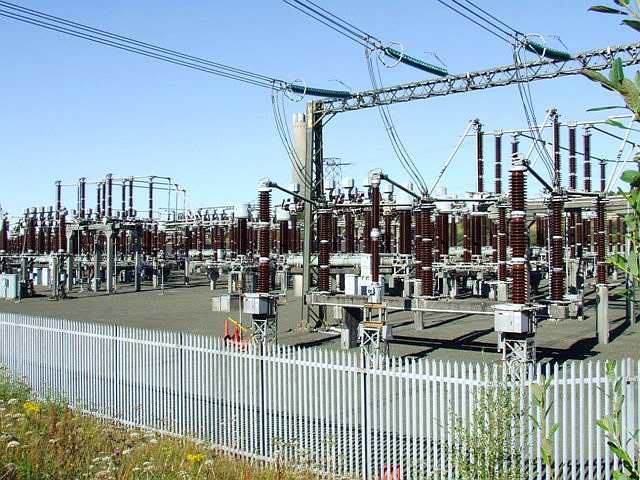
By Mohammed Momoh
In spite of the unending domestic pressure on its epileptic power supply, Nigeria is to extend electricity supply to Burkina Faso and Chad.
The country is already supply electricity to Republics of Benin and Niger.
The deal to also supply electricity to Burkina Faso and Chad, on the platform of the West African Power Pool (WAPP), is not oblivious of the gross inadequate generation and problematic domestic distribution.
Whereas it is estimated Nigeria’s 200 million population need an average of 40,000 megawatts of electricity, Nigeria generates far lower and distributes a paltry average of 3,800 megawatts, a situation that has hampered industrial growth and spike cost of production.
Notwithstanding the situation, the deal going on based on the power exchange protocol among the 15-members of the Economic Community of West African States (ECOWAS).
In order to actualise the project, the countries are working on the establishment of a-875 kilometres and 330 Kilo Volt (KV) line, named “North Core Transmission line’’.
This line will interconnect the countries, while Nigeria will be the key supplier of electricity, Nigerian Minister of Power, Mr Sale Mamman, confirmed in Abuja on June 20, 2020.
The financing of the project became effective December 2019 by all the collaborating agencies – the World Bank (WB), African Development Bank (AfDB) and French Development Agency (is AFD).
He also said that the implementation structure had been established with Project Implementation Unit (PIU) located in Abuja.
Mamman told a delegation from Chad that Nigeria already had bi-lateral contracts which have been going on for decades for the supply of electricity to Niger and Benin Republics.
He said the request from Chad for electricity supply came at the most appropriate time and gave the assurance that Nigeria would evaluate the request within the various projects under its Transmission Expansion Program (NTEP) for possible integration of the request.
He directed Transmission Company of Nigeria (TCN) to come up with a business case and implementation modalities to supply electricity to Chad and that he would seek approval of the presidency for the request from Chad.
With abundant gas resources, he said: “Nigeria has the potential to generate and export low-cost electricity to the sub-region.”
The minister approved the request to host his counterpart from the Republic of Chad for a technical analysis of the request.
Chadian Ambassador to Nigeria, Mr Abakar Chachaimi, who led the delegation to lodge the request, said the historical and economic value of connecting Chad with Nigeria’s electricity would bolster the partnership between the countries.
As Nigeria energises to lift the deal, latest report of the United Nations (UN) says that no fewer than 110.7 million Nigerians lacked access to electricity.
The Nigerian Electricity Regulatory Commission’s (NERC) Fourth Quarter Report 2019 released on June 6, 2020 on its website, said that 8.101 million Megawatts-hour (MWh) of electricity was generated in the fourth quarter (Q4) of 2019.
The regulatory agency said the total electricity generated during the fourth quarter of 2019 was 1.46 per cent higher than the energy generated during the preceding quarter.
“The available plant generation units on bar decreased to 63 from the daily average of 66 units recorded in the preceding quarter.’’
It disclosed incidences of partial system collapse and reported it would continue to address the interface bottlenecks between the 11 electricity Distribution Companies (DisCos) and the Transmission Company of Nigeria (TCN).
The All Electricity Consumers Protection Forum says the implementation of the power supply deal between the Federal Government and Siemens of Germany can help end the country’s energy crisis.
Mr Adeola Samuel-Ilori, the National Co-ordinator of the forum, said: “The contract as signed will enhance the distribution networks and also increase generation capacity to 25,000MW within two years.
“Another beautiful thing about the contractual agreement is the elimination of middlemen and subcontractors which characterised past government efforts and led to humongous fraud.
The deal with Siemens is government to government tripartite agreement is to upgrade dilapidated power infrastructure.
Nigerian government last week released more than $300 million to Siemens AG as counterpart funding on the contract to redress electricity problems, especially distribution, an area where infrastructure are in decrepit.
The implementation of the contract within the next two years, according to government, will witness improvement that will be enviable and may end the crisis.












